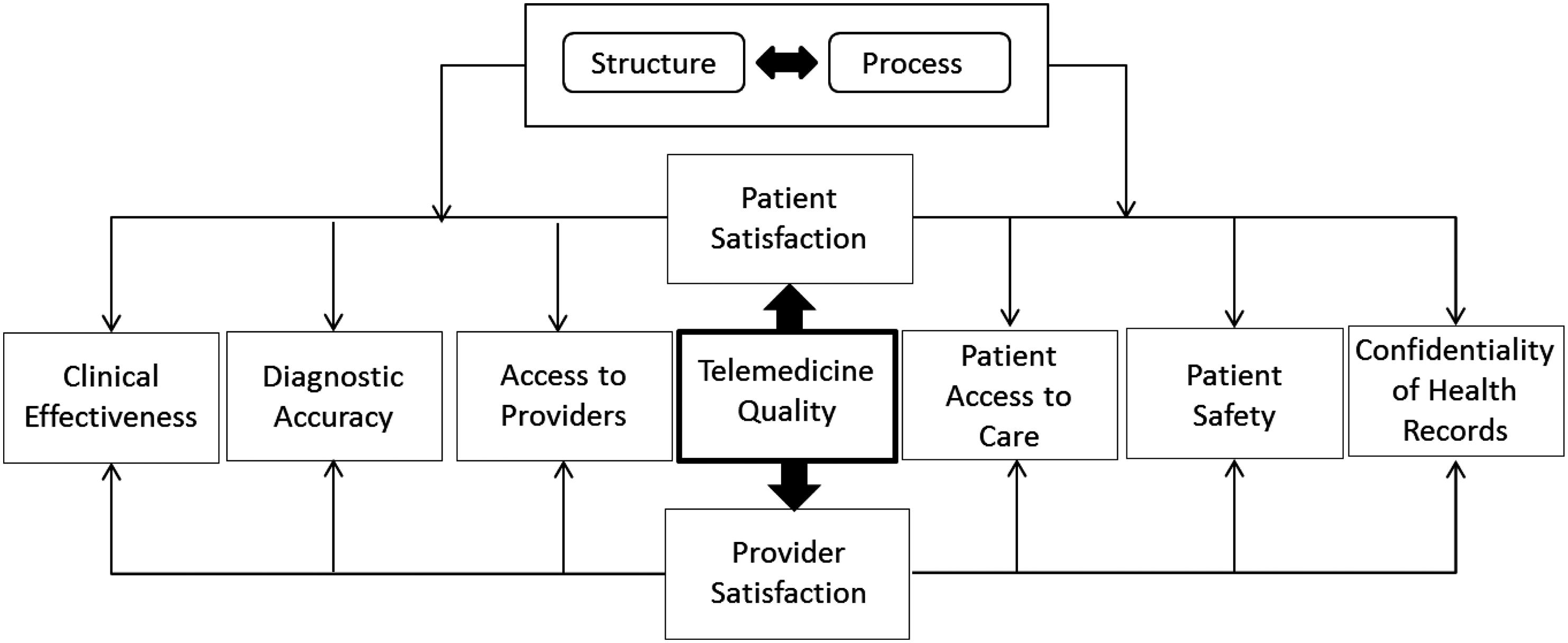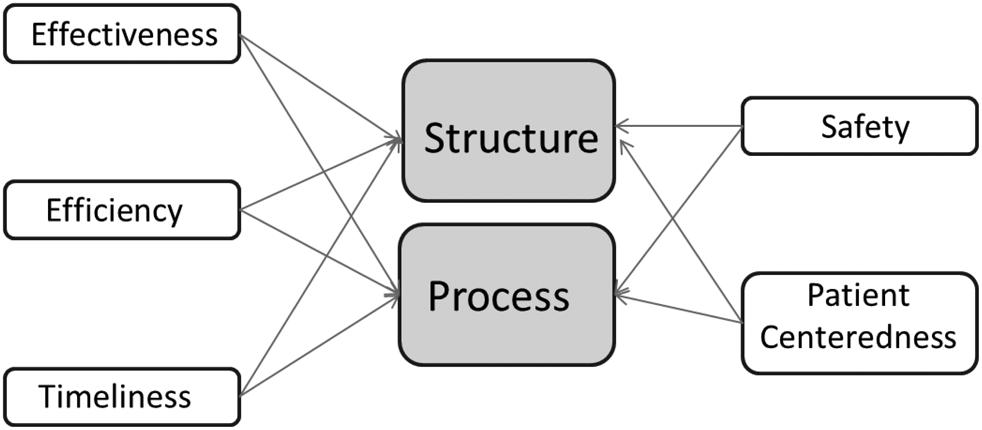
1 minute read
The Power of Details
◾ The things that make some say, “This does not matter much, since we do so many other things well.” ◾ The things that make some say, “Don’t spend too much time on that, because no one would notice the difference.” ◾ Anything that may affect a customer’s perceptions, even though the customer may or may not see it, hear it, feel it, or touch it.
Attention to detail provides a richer customer experience in any industry. Crime investigators, detectives, and law enforcement officials know that it is in the details of a crime scene that they find critical clues to solving a crime. Architects and engineers have been taught that the stability of the most complex structure depends on the integrity of its smallest element. Similarly, the missed details of a patient’s experience carry with them something significant about the character and texture of the entire service team, personnel, or organization.
Advertisement
The following excerpt from a letter written by a hospital patient explains:
As a result of my illness, some of the things I used to do I now find objectionable when others do them. I know that work is hard and we must allow moments of lightheartedness. While attending to me, when I see you chewing bubble gum or laughing hysterically or attending to a personal phone call on your cell phone or sipping a cup of coffee, I often wonder if what I am going through means anything to you. Also, this morning, when you ended your personal phone call, I noticed that your mood had changed. Even though I believed it may have had something to do with your phone call, I still worried about how I might be affected.
What were the details missed in this excerpt? What do these details say about the organization affected? What do they say about its service providers? When service organizations fail to pay attention to or manage details, they lose sight of the essence of customers’ total experience.
To understand a healthcare organization’s commitment to service quality, one must understand its level of attention to detail.





